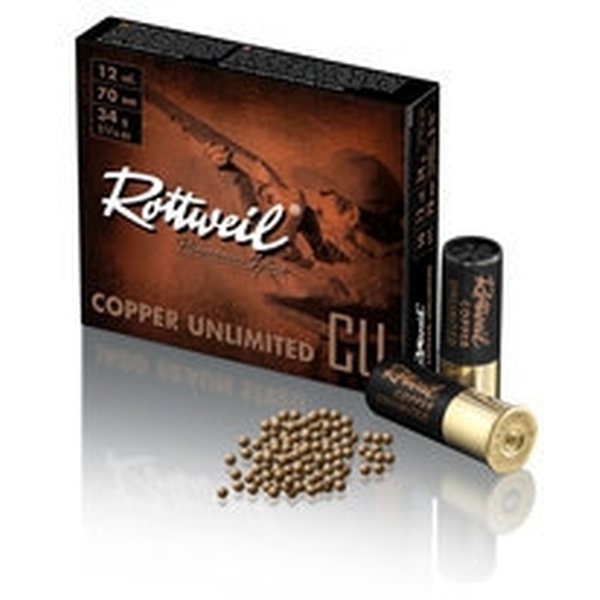Steel does not compress as it goes through the choke like lead does. It is that pressure that causes the damage to end of the barrel if it is too tightly choked.I have heard true or not hence the question that steel shot only applies if shooting 28 gram or more is this the case,
PS.
I do not hunt purely clay shooting.
I would treat all steel loads the same, no more than half choke. Even light loads are compressed as the go through the choke.





